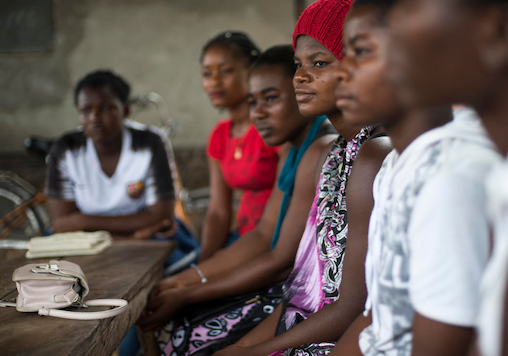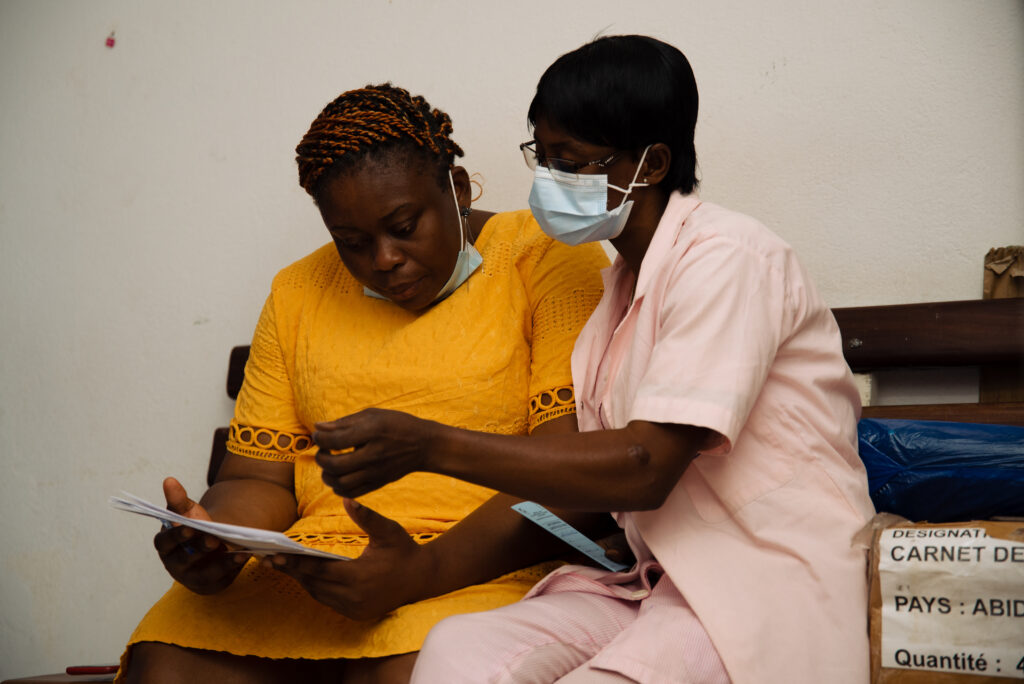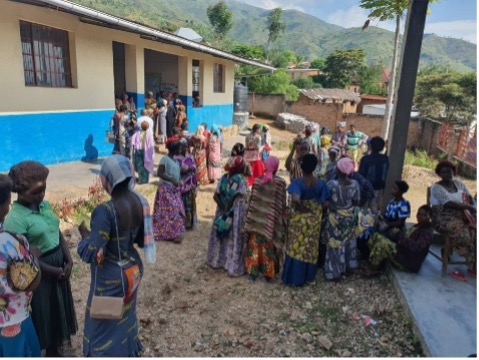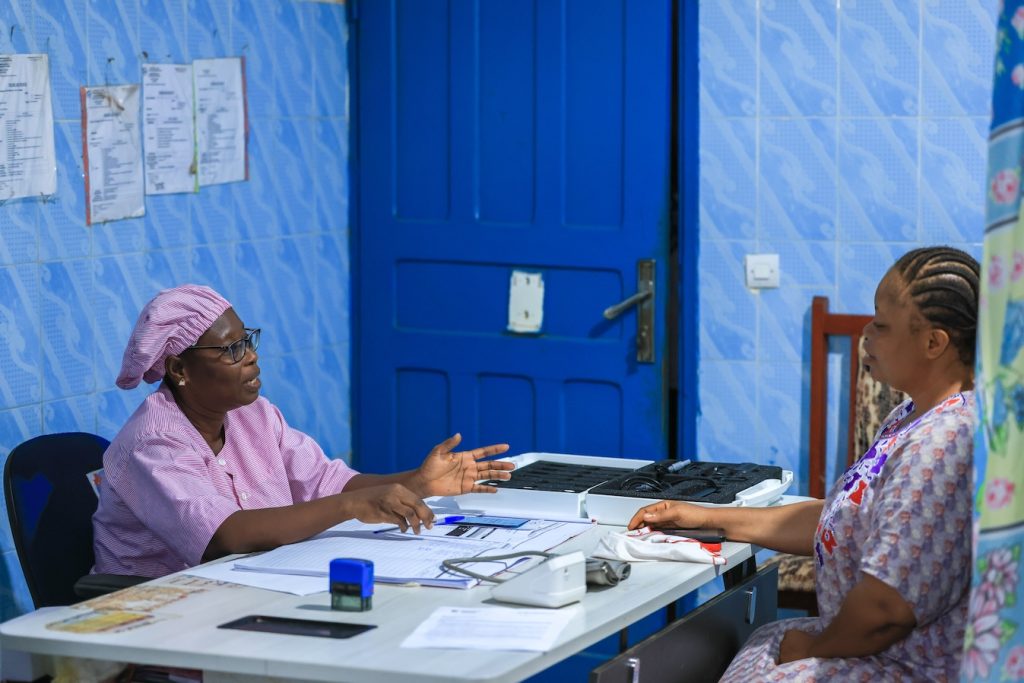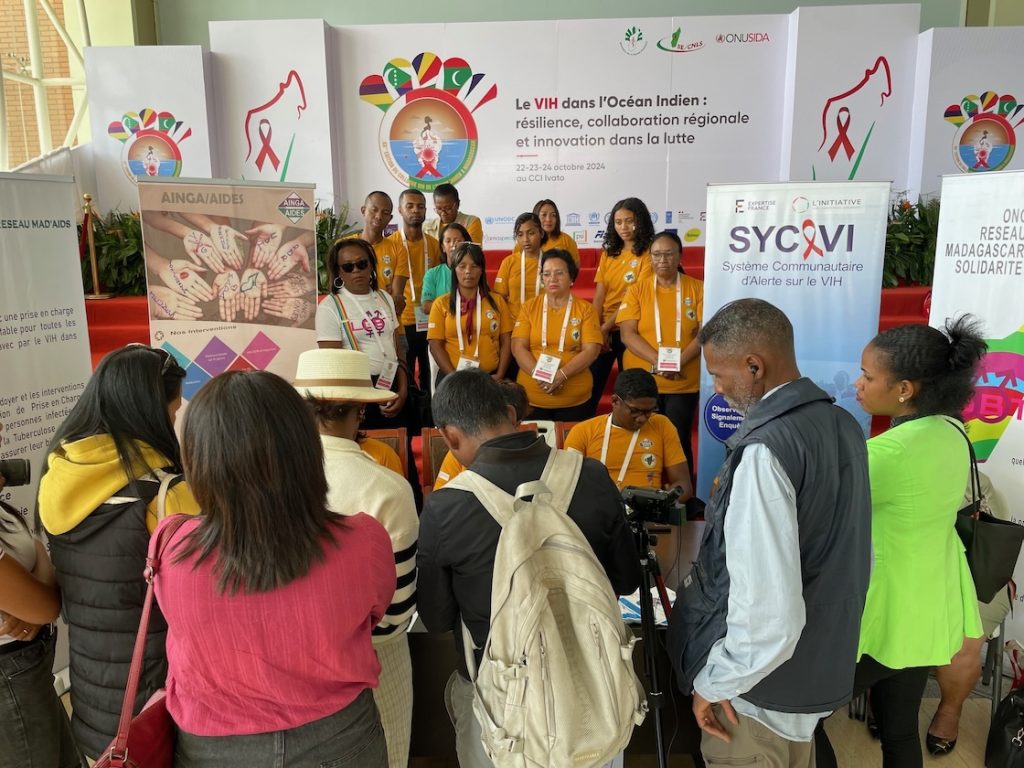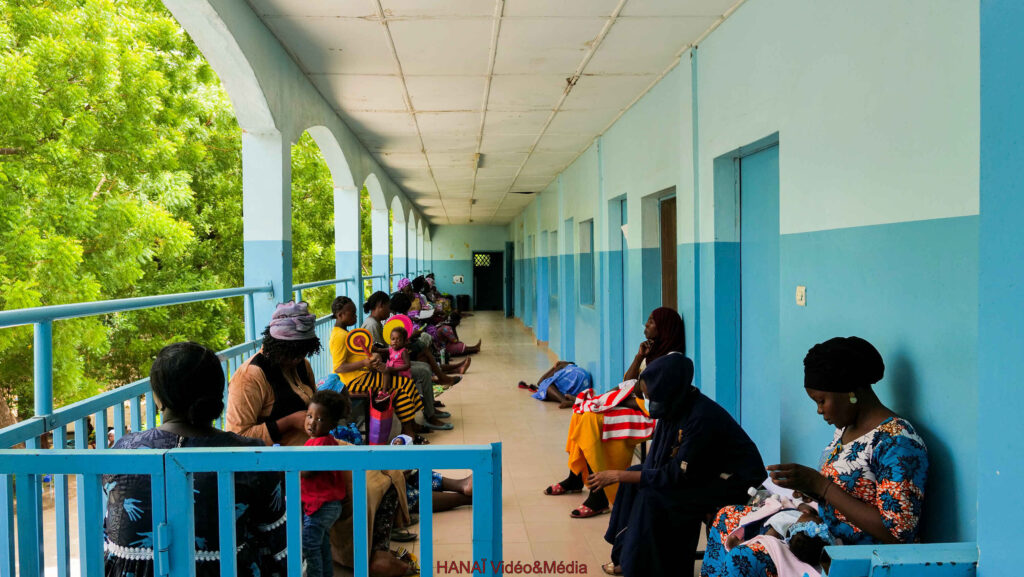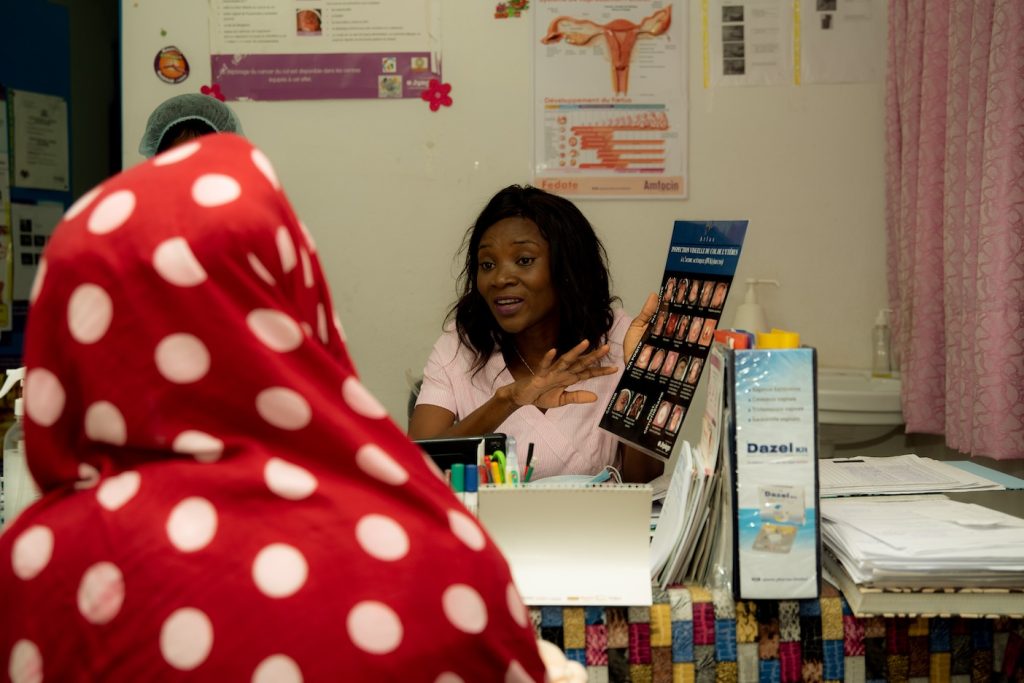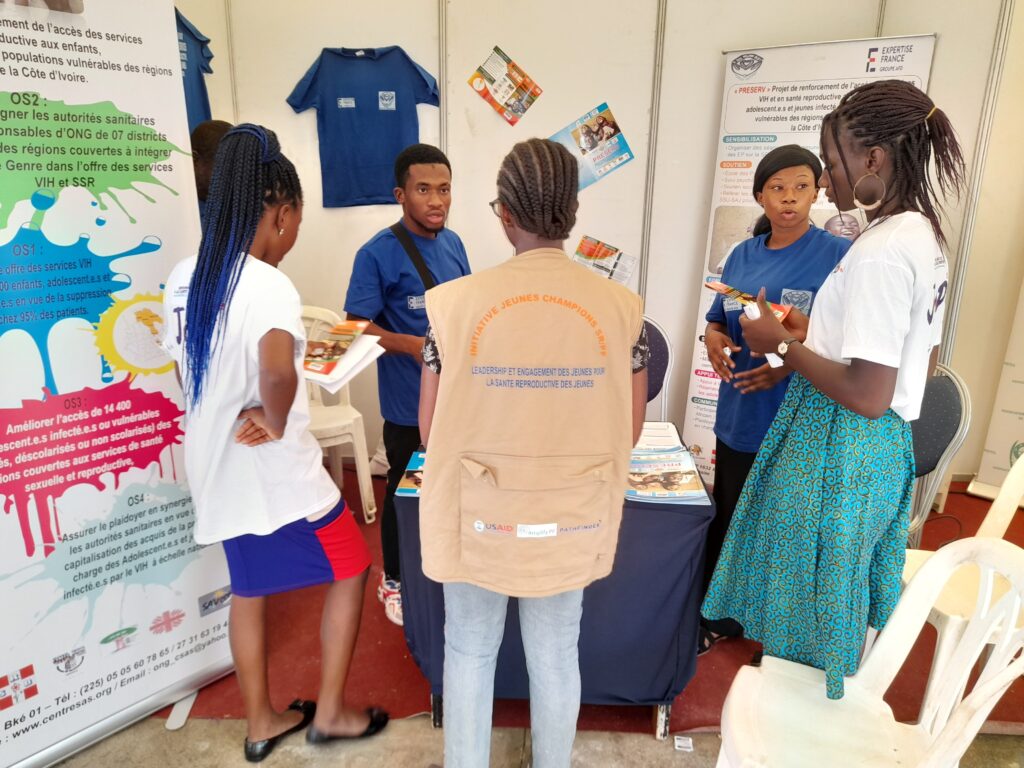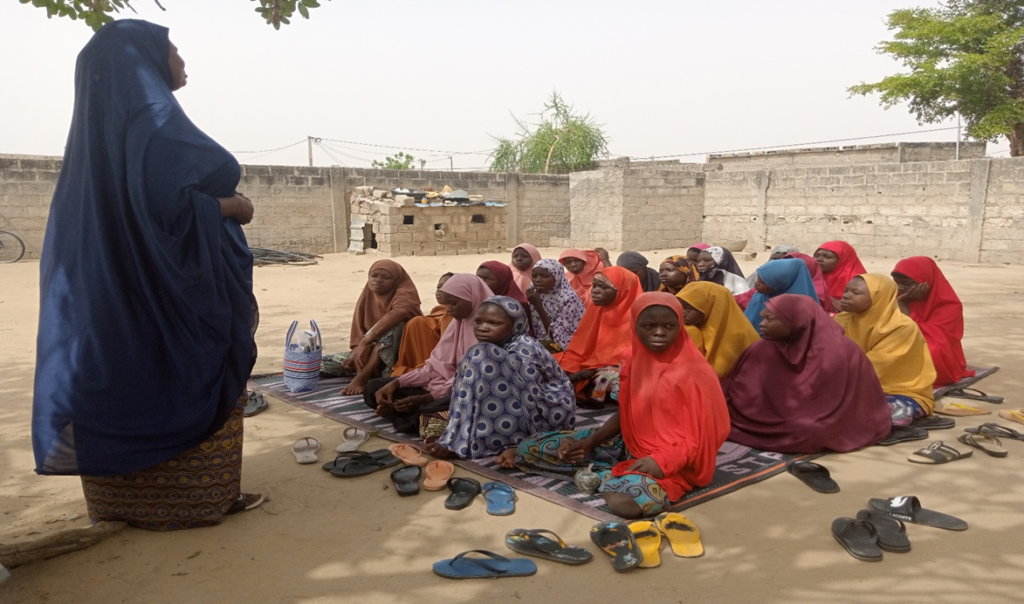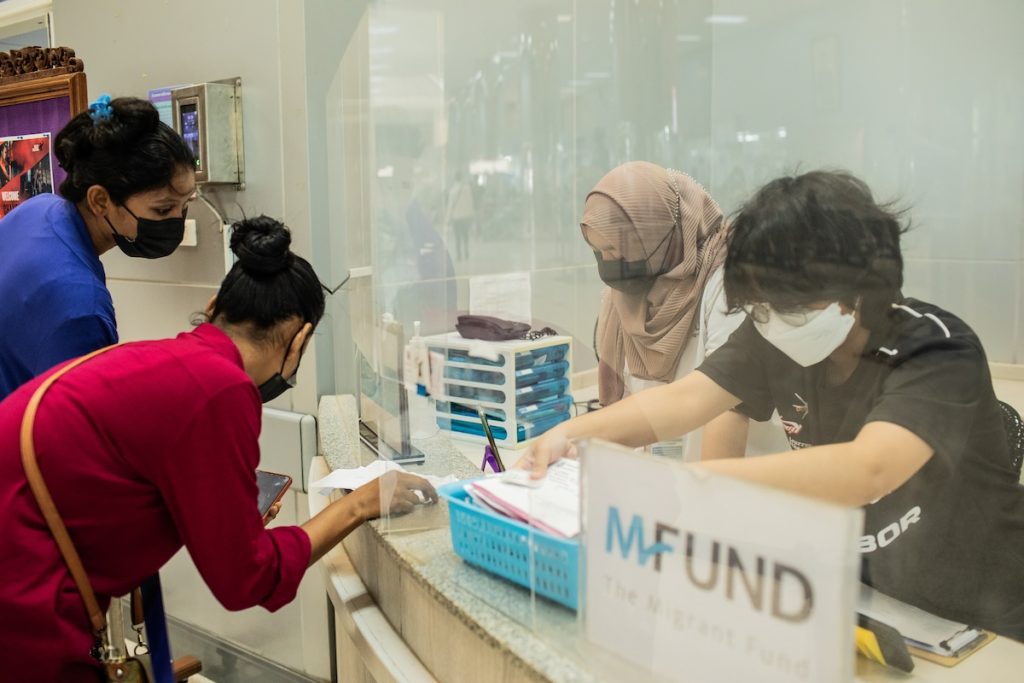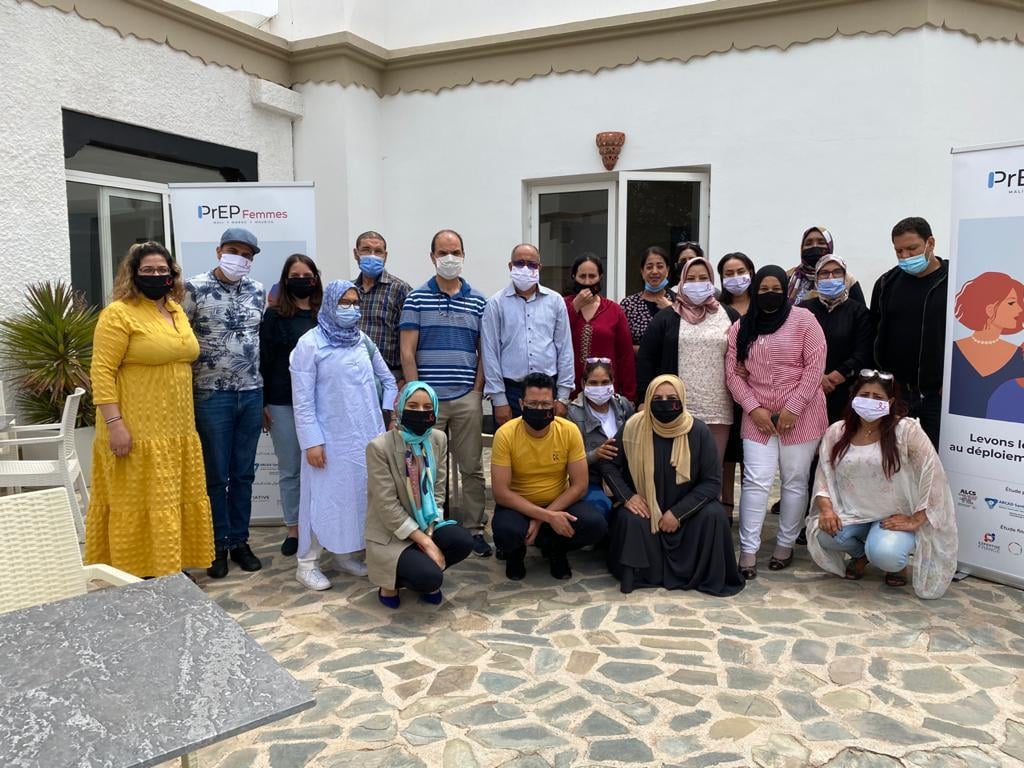This project aims to ensure access to inclusive HIV services for key populations, adolescents, girls, and young women. It promotes a more supportive legal framework that respects human rights, improved access to legal services, and the reduction of stigma, discrimination, gender inequalities, and gender-based violence.
Context
Key populations accounted for 74% of new HIV infections in Central and West Africa in 2021. They face significant barriers to accessing HIV prevention, testing, and treatment services due to stigma, discrimination, gender inequalities, and existing laws. According to UNAIDS, 10% of key populations living with HIV report not having access to healthcare due to HIV-related stigma. This project promotes access to inclusive, human rights–based HIV services for key populations, adolescents, girls, and young women across six countries in Central and West Africa. It supports legal reforms and initiatives to combat stigma, discrimination, and gender-based violence.
Description
The project is structured around four key areas of intervention: 1) Support legal reforms to remove barriers to health services in Benin, Cameroon, and the Central African Republic 2)Facilitate access to legal services for key populations by strengthening their legal literacy and the legal support framework in Benin, Cameroon, and the Central African Republic 3) Reduce stigma, discrimination, gender inequalities, and gender-based violence in public and community health centers in Cameroon, Côte d’Ivoire, Senegal, and Togo 4) Strengthen community monitoring systems.
Impact
The project aims to reduce stigma and discrimination against key populations in all six countries: in the Central African Republic, by drafting three regulatory texts to implement the HIV law; in Benin, through the reform of the HIV law (once adopted); in Cameroon, by reforming the law on the age of consent for access to health services. Additionally, the project improves legal support for survivors of sexual violence and provides training for healthcare workers, key populations, peer educators, girls, and adolescents – helping to uphold their rights and improve access to both healthcare and legal services. In Côte d’Ivoire, the use of the Yimba tool to monitor the rise of hate speech on social media is strengthening advocacy efforts aimed at better protecting key populations.
